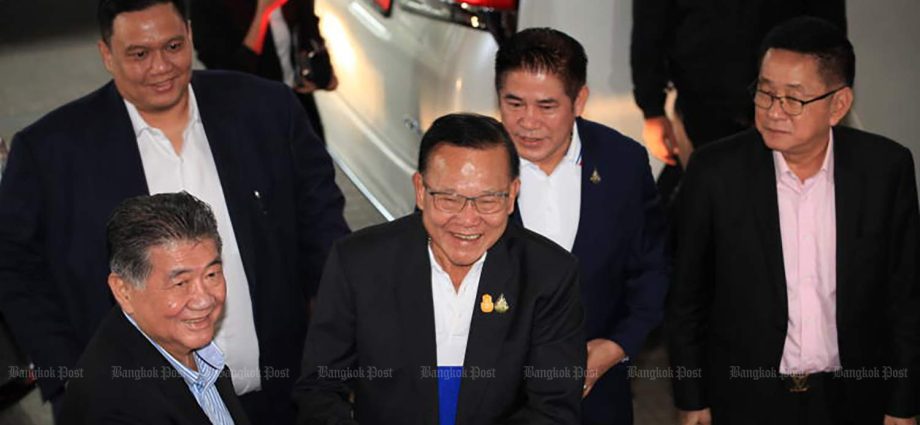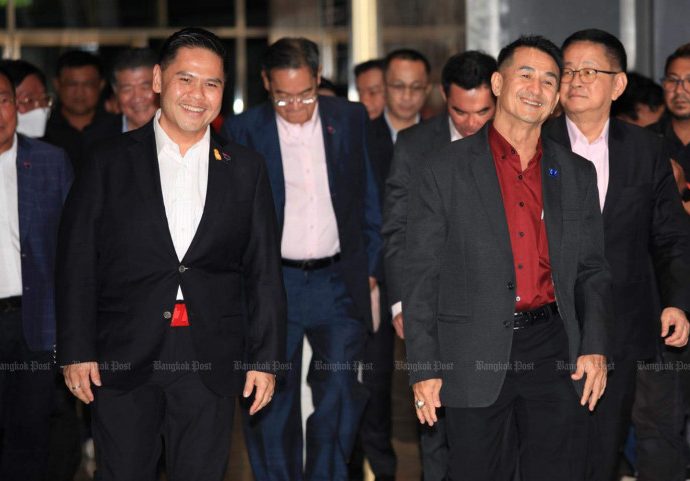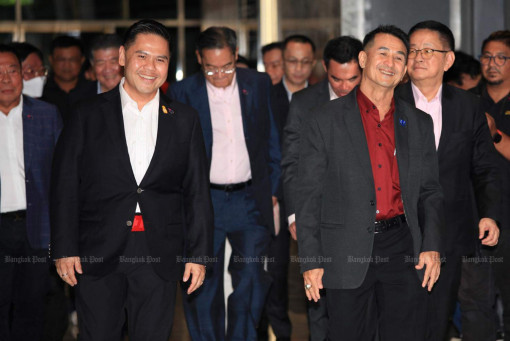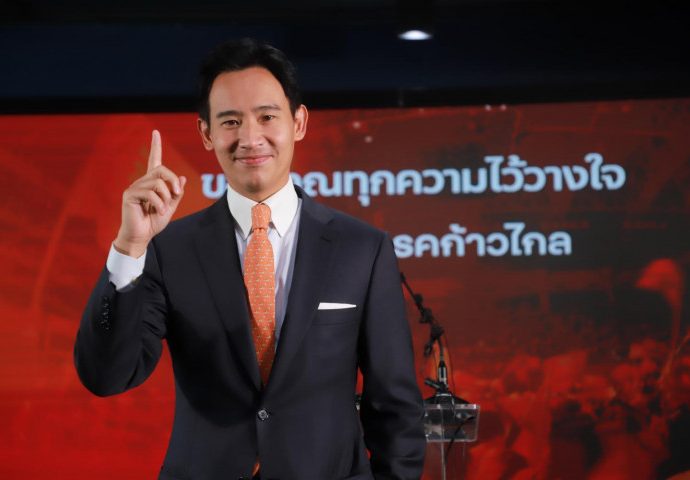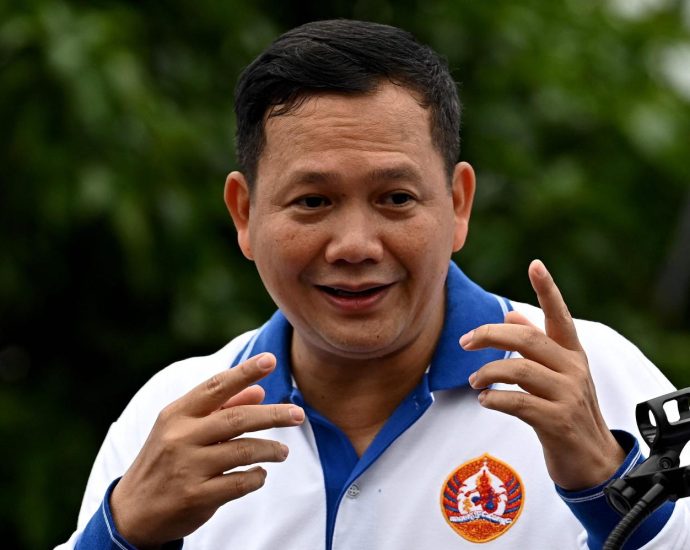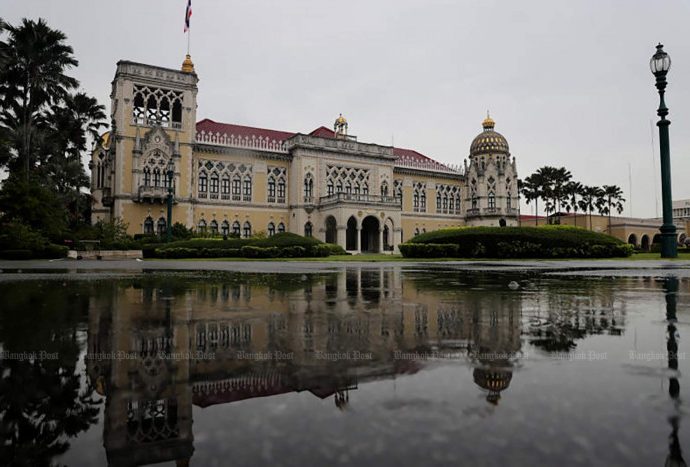Academics wary of new coalition
Pheu Thai Party told to tread carefully

Academics on Sunday warned the Pheu Thai Party not to create an “inter-bloc” coalition, saying such a move could lead to more polarisation in the country.
Asst Prof Prinya Thaewanarumitkul, director of the Law Center at Thammasat University, said Pheu Thai, which is attempting to form a new government, should put together a coalition that is acceptable to the people otherwise it may face stability problems.
He said the Move Forward Party (MFP) has two options, which are standing firm on its policy to amend the lese majeste law and ending up in the opposition, or focusing on reforming enforcement of the law.
However, if the MFP is forced out of the coalition, the party and Pheu Thai should maintain their cooperation, he said, adding there are attempts to undermine the pro-democracy alliance which Pheu Thai should be aware of and try not to create a rift.
Pichai Ratanatilaka Na Bhuket, a political science lecturer at the National Institute of Development Administration, criticised the Pheu Thai Party for a number of missteps.
“The first thing it should have done is to lobby the senators before approaching parties outside the bloc. And these should not have included the Palang Pracharath Party or United Thai Nation Party (UTN),” he said.
He said Pheu Thai’s move this weekend also created an impression that the party is using other parties to force the MFP out of the coalition.
Mr Pichai also lambasted the 188 MPs who joined the senators in blocking the renomination of MFP leader Pita Limjaroenrat in the July 19 meeting.
The academic said a Pheu Thai-led coalition without the MFP could face strong public resistance and intense scrutiny in the House especially if it includes the PPRP.
Meanwhile, political activist Sombat Boonngam-anong, who called a protest at the Asoke intersection against the senators on Sunday, said he hoped Pheu Thai would keep its promise.
“If the party’s decision is against the public commitment it made, it has the political responsibility to bear. In the next election people will be a deciding factor,” he said.
Earlier, another group turned up at the Pheu Thai Party’s headquarters and threw flour at Pheu Thai leader Cholnan Srikaew and the PPRP’s Thamanat Prompao as they were about to hold a press conference.

